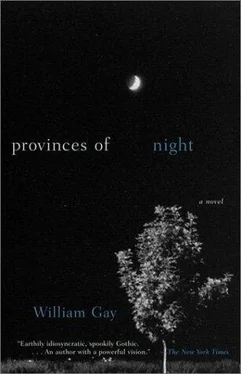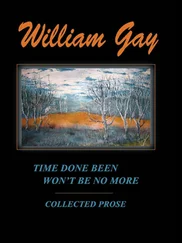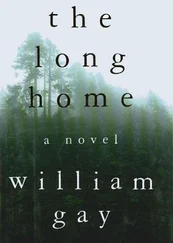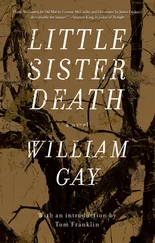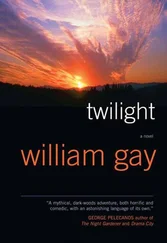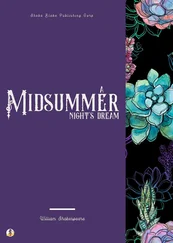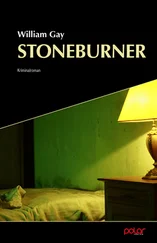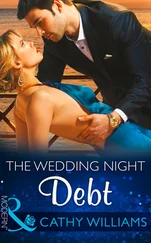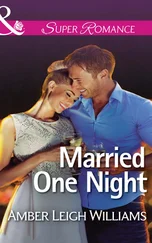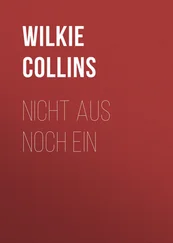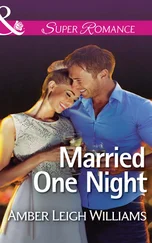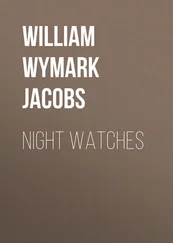He held a banjo that was slung by a strap across his shoulders, and the banjo was what the photograph was about. I’m not so much, the reserved young man in the photograph seemed to be saying. But look what I’ve got here. The left hand formed a chord on the neck, the right loosely clasped the head of the banjo, as if he were proffering it slightly for the camera’s inspection. The face was intense and slightly ill at ease, as if the young man was on his way elsewhere and only had a moment to pose for this picture.
Music had been his undoing, he told the boy in an ironic self-deprecation. His bane and his salvation. It had gotten him through times that would have otherwise been unbearable and it had made everything else he had gone at twice as hard.
A cold glass of lemonade in his hand, the air full of the winey ferment from the curing vegetation they had cut, Fleming began to learn something of the old man’s life.
When he had gone courting Julia Bradshaw he had managed to have six hundred dollars that he carried folded in the pocket of his pants. Six hundred dollars at that time and place was an enormous amount of money. It had taken a long time and a lot of work and stinting to save it. He had a place lined up to crop. He had a wagon and a team of horses. He had a house spoken for should the need arise. Julia’s father did not care for him and he knew better than to go courting a girl as pretty as Julia with no prospects.
Saul Bradshaw liked him no better with six hundred dollars in his pocket than he had liked him when Bloodworth was a penniless banjo picker uncasing his instrument at any gathering he heard rumored.
E. F. Bloodworth was a layabout, a drunkard, a seducer of innocent young women and a patron of whores. When Bradshaw looked into his eyes all he saw was horizons receding fold on fold until the last one faded into a transparency of the palest blue. He will not stay put, he told Julia.
Julia Bradshaw was part Cherokee Indian. She was small and dark and the inscrutability of her eyes hinted at enigmas a man might unravel would he take the time to try. Bloodworth was to learn that it is the nature of an enigma to remain unsolved, and that inscrutability means just what it says.
It had come down finally to a choice between Bloodworth and her father and she hesitated only a moment before she climbed onto the wagonseat with Bloodworth. Another man might have noted only that she chose the wagon, which was already turned in the yard and pointed outward bound but Bloodworth saw the hesitation. He saw it as a lack of commitment, and while realizing how absurd this was, nevertheless wore it the rest of his life like a scar.
What he told Fleming was a shorthand version and there were things he kept to himself not because they painted a picture or told a story he did not want told but because they were things he could not articulate.
He could tell Fleming he was a musician but he could not communicate what the music said to him or said to the people he played it for. The music told itself, it made some obscure connection for which there were no words. The music was its own story, but a man could dip into the vast reservoir of folk and blues lines and phrases and images and construct his own story: though upon performing it and without it losing any relevance to his own life it now belonged to the audience as well. It was something he could not fathom. The old songs with juryrigged verses like bodies cobbled up out of bones from a thousand skeletons. Songs about death and lost love and rambling down the line because sometimes down the line was the only place left. Songs that treated the most desperate of loss with a dark sardonic humor. I’m goin where the climate suits my clothes , the song said, not saying the frustration and despair that created it, saying that in the sheer lonesomeness of the sound, in the old man’s driving banjo. There was an eerie timelessness about it that said it could have been written a thousand years ago, or it could have been an unfinished song about events that had not yet played themselves out.
So quick it would jerk your breath away I went from bein a man with six hundred dollars in his pocket to a man twelve hundred dollars in debt, the old man said. You couldn’t see over the top of twelve hundred dollars, it was just too big. Julia had a bad sickness and before I knowed it I owed what was then a small fortune to doctors and hospitals. A man might make two or three hundred dollars cash money a year sharecroppin. I said hundred, and I said year.
Then I had a fallin out with the landlord and he took the crop. Lookin back on it I can see it was as much my fault as it was his. I was always quick to get mad and slow to get over it. The way I saw it he cheated me, not just me but everybody that scooted a chair up to my table. I beat hell out of him, and there we went with all our plunder roped to the wagon. Winter not too far off. Not just one winter to get through, I could see that, but a long line of winters. One winter after another. I went to makin whiskey. Julia thought banjo playin was the road to hell but with whiskey makin she figured I was off the back roads and on the blacktop highway.
He fitted shells into the cylinder of the gun watching through moted glass Bradshaw sitting the wagon seat erect and proud as a deacon sitting a church pew. Look at the old son of a hitch, he thought, spinning the cylinder as smoothly as a barrel whirling in water. Let’s see if he sets that straight when I clip his spine, let’s see if he keeps that head cocked to hear whatever it is Jesus is whisperin in his ear.
He’s here because I sent for him, Julia said.
I don’t know why anybody would send for a dead man, he told her.
He had to fight her and he had to do it without hurting her. He could have killed Bradshaws, fathers and brothers, all day long like ducks popping up in a shooting gallery but he could not hurt her. He held her finally back to his chest and the soapy smell of her hair in his face and clamped in arms that would not constrain her urgency.
If you do you’ll have to kill me too, she finally said, and he knew that she was telling him the truth.
Did I ever hurt you? he asked.
You hurt me ever breath I draw, she told him.
He laid the pistol aside and watched the door close behind her and watched her climb aboard the wagon and watched the old man speak not to her but to the mules, popping the lines and turning the wagon into the dusty roadbed, watched the wagon diminish into the white dust until there was nothing to see but dust settling, and watching even that.
You hurt me ever breath I draw.
The house was so silent it gave off a faint humming, like a banjo string turned relentlessly toward the breaking point. Madness and self-loathing hung over him like a plague, violence moved in him like another sinister self moving under his skin, trying to adjust itself to the shape of Bloodworth’s body or adjust the body to itself.
All right, he thought, if they can’t quit tolling her off I will kill them all. If she can’t quit going when they toll her I’ll kill her too. I’ll stretch out Bradshaws till they hold each other up like trees felled in a thick woods, Bradshaws hung up in each other’s tops. They ain’t quit makin shells. They ain’t quit makin caskets. I’ll stretch out Bradshaws from the biggest to the least, till they have to import caskets out of other states, till they run dry on that and bury them without caskets, till they finally throw up their hands and let em lay where they fall.
When did you quit?
What? Quit what?
Quit making whiskey.
Oh Lord, I never quit. Well, I guess I’ve quit now. I quit a thousand times. I’d quit when anything else come along. One time I got a shot at makin some records. Another time I’d make a cotton crop and do all right with that. A few times I got caught. You’ll damn sure quit when they send you to the penitentiary. A few times I quit to get Julia to come back.
Читать дальше
